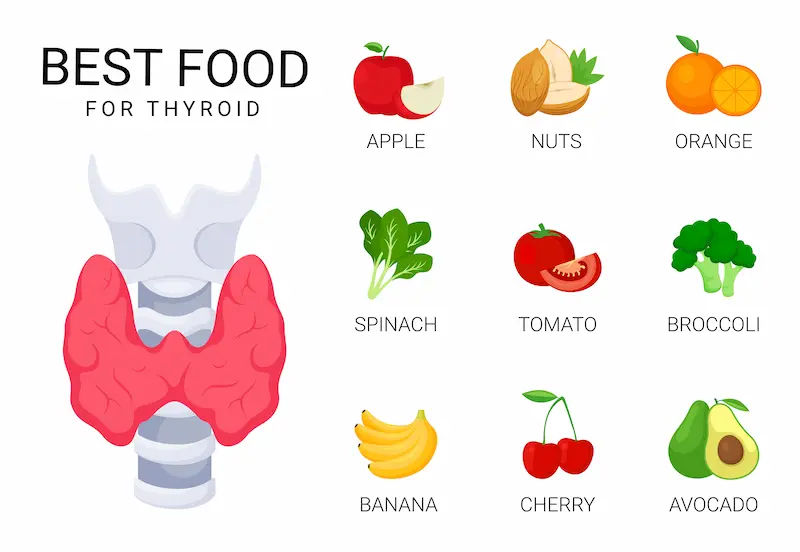- female
- 30 Years
- 22/01/2025
I'm really worried after getting my wife's TSH test results. Her T3 is 1.15, T4 is 77.2, and TSH is 42.14. But the weird thing is, she doesn't show any obvious symptoms other than having an irregular menstrual cycle a couple of times and sometimes being irritable. I read up a bit online and saw that hypothyroidism usually means the gland is underactive and shrunk, but hers seems inflamed. She hasn't gained or lost weight and isn't experiencing hand tremors, but she does get tired during the day and has had mood swings recently. I'm trying to make sense of this is it definitely thyroid-related even though her T3 and T4 are normal? Could it be thyroiditis or maybe subclinical thyroid issues? I'd really appreciate some guidance on what might be going on, its root cause and if its treatable. Also, is this something urgent? We're in a pretty remote area, so I'm a bit concerned.
Answered by 1 Apollo Doctors
Your wife may be experiencing subclinical hypothyroidism. This means that while her T3 and T4 levels are within normal range, her TSH level is elevated, indicating that her thyroid gland is not producing enough thyroid hormone. The inflammation you mentioned could be indicative of thyroiditis, which is inflammation of the thyroid gland. To treat subclinical hypothyroidism, the common medication prescribed is Levothyroxine with dosage adjustments made based on individual response. It is important to follow up with regular blood tests to monitor thyroid function and adjust the dosage as needed. Given that your wife is experiencing symptoms such as tiredness, mood swings, and irregular menstrual cycles, it is advisable to consult with a healthcare professional for a proper evaluation and treatment plan. While it may not be an emergency, addressing thyroid issues is important for overall health and well-being.
Dr. Shubham Suggests...
Consult a Endocrinologist
Answered 04/07/2025
0
0

More Endocrinology Health Queries
View allI found out I have a benign nodule in my right thyroid gland should I consider surgery or is it better to leave it alone? I'm a bit worried about risks and whether it's really necessary
Treating benign nodules If a thyroid nodule isn't cancerous, treatment options include: Watchful waiting. If a biopsy shows that you have a noncancerous thyroid nodule, your doctor may suggest simply watching your condition. This usually means having a physical exam and thyroid function tests at regular intervals.
Answered by 1 Apollo Doctors
Is injecting insulin ultimately bad for a diabetic?
Hyperinsulinemia increases the risk of obesity, type 2 diabetes, and cardiovascular disease and decreases health span and life expectancy. In epidemiological studies, high-dose insulin therapy is associated with an increased risk of cardiovascular disease.
Answered by 1 Apollo Doctors
Is 200 blood sugar normal after eating?
Post eating blood sugar (2 hours) is normal only when it is less than 140 mg/dl. Any reading from 140 - 200 is considered as Pre-diabetes and lifestyle modifications such as diet and exercise must be started. Any reading above 200 is considered as Diabetes which needs medications in addition to life style modifications.
Answered by 1 Apollo Doctors
Disclaimer: Answers on Apollo 247 are not intended to replace your doctor advice. Always seek help of a professional doctor in case of an medical emergency or ailment.



